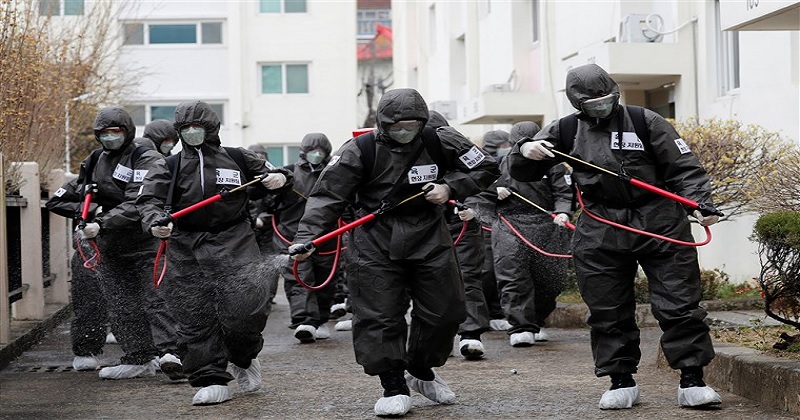
As the novel coronavirus continues to spread around the world, so too are bogus claims, conspiracy theories and misinformation about the disease.
Here’s the truth about the new coronavirus.
Spreads in hot, humid weather –
The virus can be transmitted in all areas regardless of weather conditions, including areas with hot and humid weather.
Cold weather and snow kills the virus –
There is evidence to believe that cold weather can kill the new coronavirus or other diseases. The normal human body temperature remains around 36.5°C to 37°C, regardless of the external temperature or weather.
Hot bath is no prevention –
Taking a hot bath will not prevent you from catching Covid-19 as the normal body temperature remains around 36.5°C to 37°C.
Mosquitoes are not a carrier – There is no evidence to suggest that the coronavirus could be transmitted by mosquitoes. It is a respiratory virus which spreads primarily through droplets generated when an infected person coughs or sneezes, or through droplets of saliva or discharge from the nose.
Hand dryers are not useful –
Hand dryers are not effective in killing the coronavirus. As a precaution people should frequently clean hands with an alcohol-based hand rub or wash them with soap and water. After a wash, hands should be dried thoroughly using paper towels or a warm air dryer.
Ultraviolet disinfection lamp is futile –
UV lamps should not be used to sterilize hands or other areas of skin as radiation can cause skin irritation.
Thermal scanners cannot detect infected person –
Thermal scanners are only effective in detecting people who have developed a fever. They cannot detect people who are infected with the virus in case they do not show increased body temperature.
Applying alcohol or chlorine will not work –
Applying alcohol or chlorine all over the body will not kill viruses in the infected person. In fact, spraying such substances can be harmful to clothes or mucous membranes (i.e. eyes, mouth). Both alcohol and chlorine can be useful to disinfect surfaces and need to be used under appropriate recommendations.
Pets spread Covid-19?
Currently there is no evidence suggesting that companion animals/pets such as dogs or cats can be infected with the coronavirus.
Vaccines against pneumonia ineffective –
Vaccines against pneumonia, such as pneumococcal vaccine and Haemophilus influenza type B (Hib) vaccine, do not provide protection against the new coronavirus.

Post Your Comments